WHO adopts watered-down resolution on drug transparency
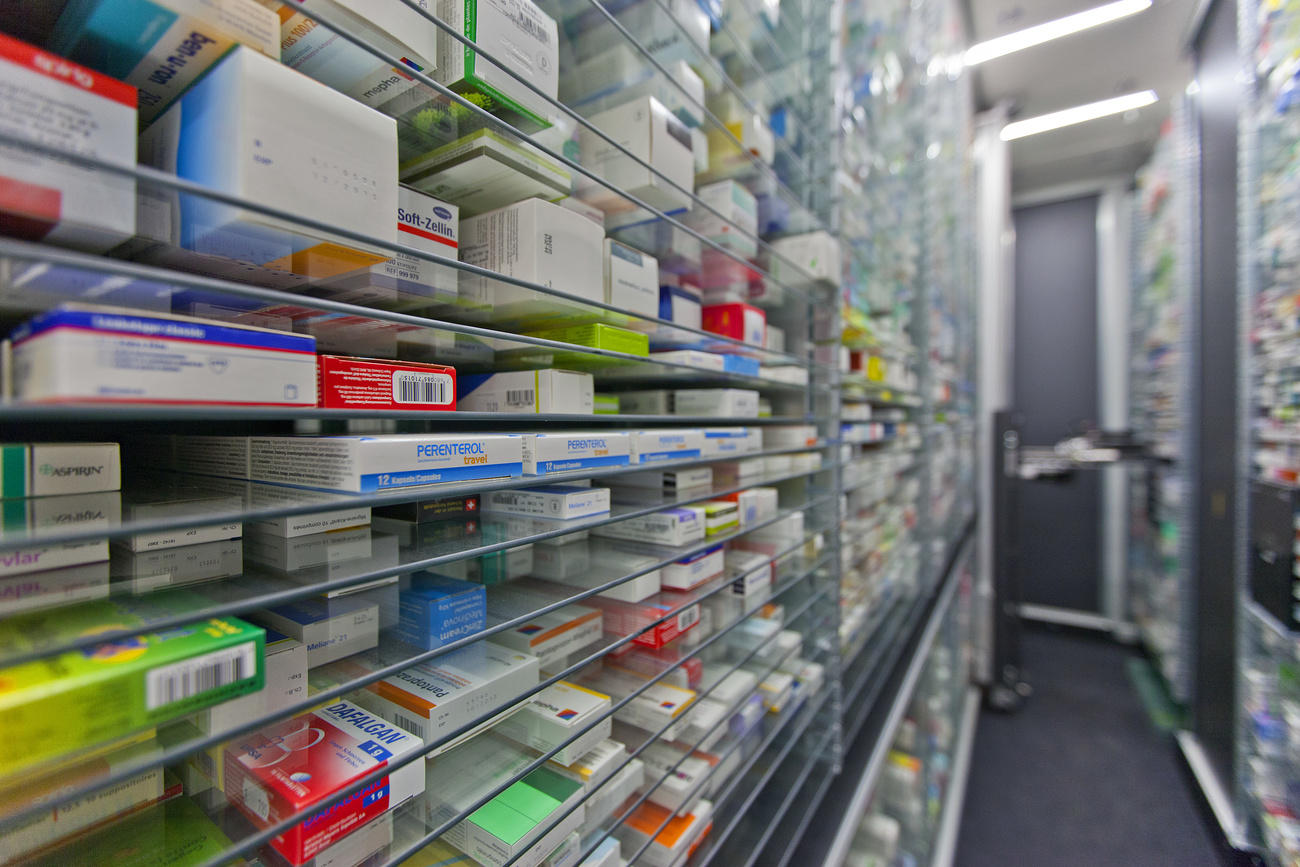
After three weeks of intense negotiations, World Health Organization (WHO) member states have adopted a resolution to improve transparency on drug prices but stopped short of requiring pharmaceutical companies to disclose costs.
The original resolutionExternal link proposed by Italy for discussion at WHO’s main annual meeting sought to pull back the curtain on the well-kept secrets of how drugs prices are determined as a way of curbing prices. It struck a nerve with many governments and drug firms, as it raised uncomfortable questions about who might be benefiting from special deals and high prices.
The topic is particularly timely as combination therapies and new gene therapy drugs such as the Novartis $2.1 million gene therapy Zolgensma that cures a deadly childhood disease with a single dose come on the market.
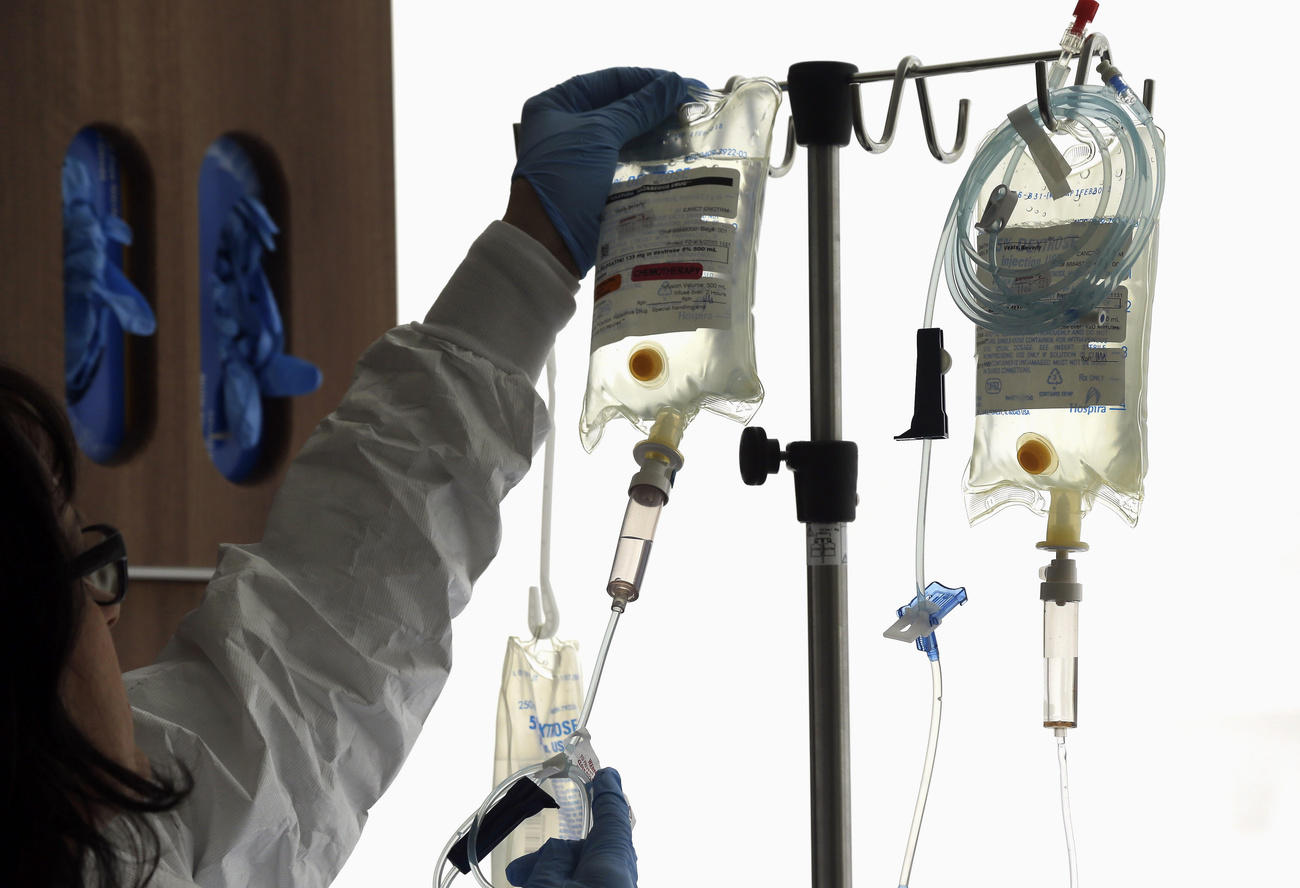
More
Push for drug pricing transparency strikes a nerve with industry
While the original text pushed for drug prices, clinical trials data, and research & development costs to be made public, it struggled to gain enough support for the latter two – considered the most controversial parts of the resolution.
The final version included several modifications after pressure from certain states. In the end, a watered-down compromiseExternal link was reached that observers view a step in the right direction but far from the revolution needed to keep skyrocketing prices from overburdening health systems.
The final text of the resolution, which was co-sponsored by 20 states, “urges member states in accordance with their national and regional legal frameworks and contexts” to publicly share information on net prices and support better data sharing.
Push and pull
According to sources at the World Health Assembly, tensions were high in negotiating circles over the past week.
In the spirit of transparency, many closed-door session documents were released to the publicExternal link, including comments and proposed changes by some governments. This aggravated some delegates but also added an extra layer of pressure on governments who were accused of bowing to powerful pharmaceutical lobbyists.
Midway through negotiations a group of more than 40 civil society organisations released an open letterExternal link urging governments to support the original resolution and release the negotiating text after every session.
The issue also reached big global media outletsExternal link, received play by play reactions on twitter, and even caught the eye of some US presidential candidates. Bernie Sanders accused President Donald Trump on twitter of blocking the resolution and not standing up to big pharma as promised.
I understand President Trump is blocking a resolution at the @WHOExternal link that would require drug companies to disclose actual R&D costs for pharmaceutical drugs. Nobody should believe Mr. Trump when he talks about taking on Big Pharma. https://t.co/2XaXURjjlvExternal link
— Bernie Sanders (@SenSanders) May 24, 2019External link
Several countries with large pharmaceutical industries were accused of dragging their feet on a solid compromise. Fingers were pointed at Switzerland along with Germany, UK, Japan and the US, who were said to be reluctant to push industry players to reveal R&D costs.
Switzerland has been a strong advocate of price transparency but pushed back on measures that would obligate the large pharmaceutical industry in the country to reveal costs. The weaker language on the latter helped the country come on board.
At the end of the Assembly, WHO Director-General Tedros Adhanom Ghebreyesus regretted the lack of “unanimous” support but welcomed the “historic agreement”. Both Germany and Britain disassociated themselves with the resolution in concluding statements.
Open questions
Patrick Durisch of the Swiss NGO Public Eye, which has been a strong proponent of transparency, welcomed the adopted resolution but was dubious it would lead to any immediate changes in the pharmaceutical industry.
He told swissinfo.ch after the plenary that “it is an important step and it shows that there is political momentum. But the fight will continue. The way in which prices are determined is still unknown.”
Gaelle Krikorian at the charity MSF said the resolution was a “welcome first step” but said drug companies should be forced to disclose more information.
“We need to know the mark-ups corporations charge, production costs, the cost of clinical trials, how much investment is really covered by companies, and how much is underwritten by taxpayers and non-profit groups,” she said.
In a written statement, the International Federation of Pharmaceutical Manufacturers and Associations, which includes members such as Swiss-based Novartis and Roche, said that “the single focus on price falls far short of the complexity of access issues at large”.
It was also critical of the process that, in their view, did not provide enough time for constructive dialogue and investigation into how transparence on net prices will affect patient access to medicines.
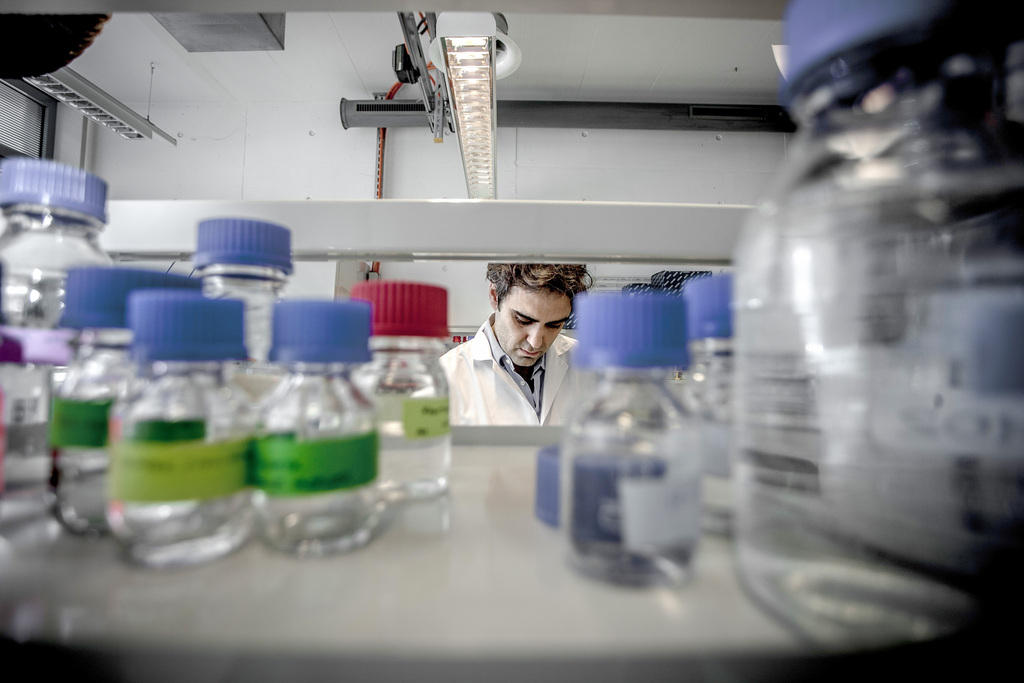
More
High pharma margins squeeze health systems

In compliance with the JTI standards
More: SWI swissinfo.ch certified by the Journalism Trust Initiative

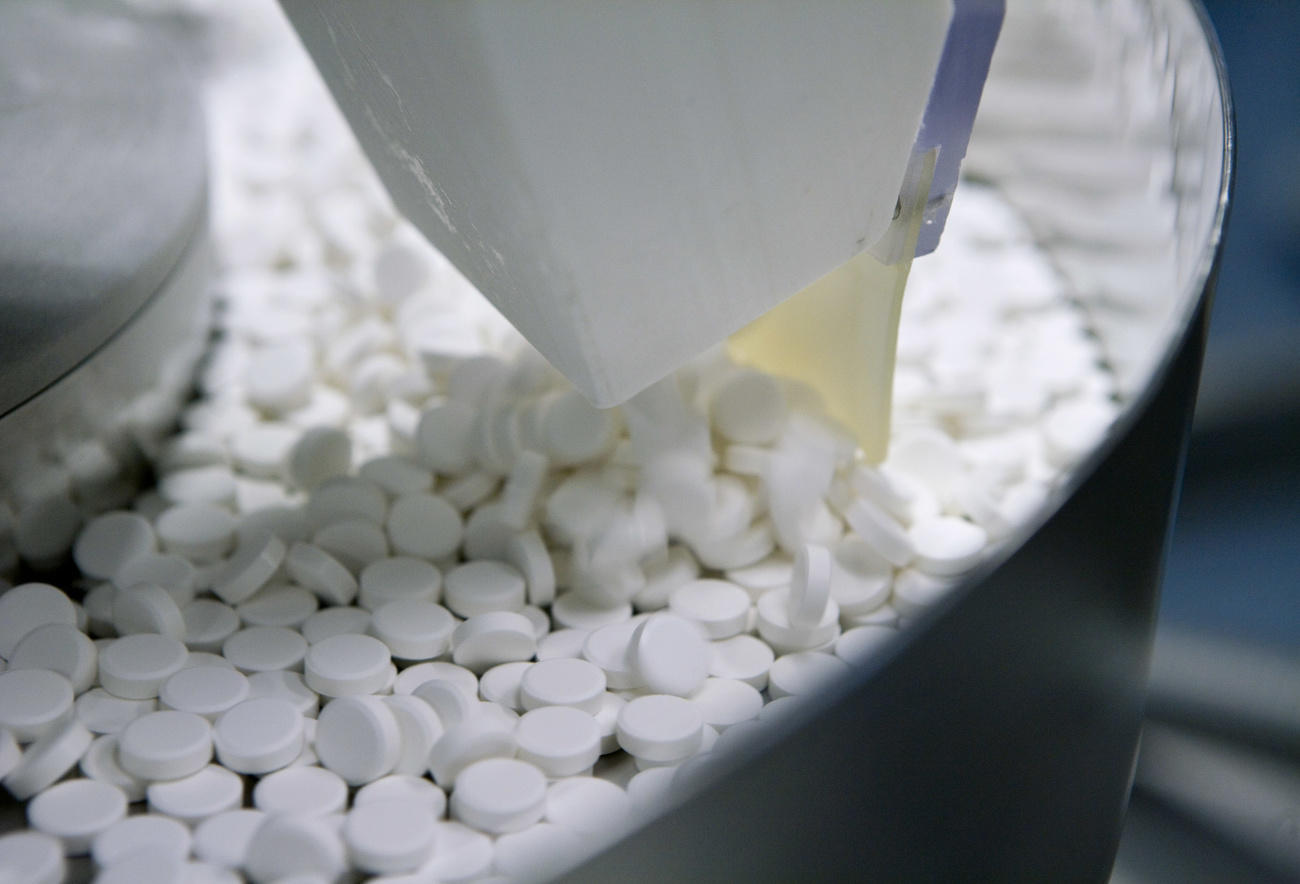
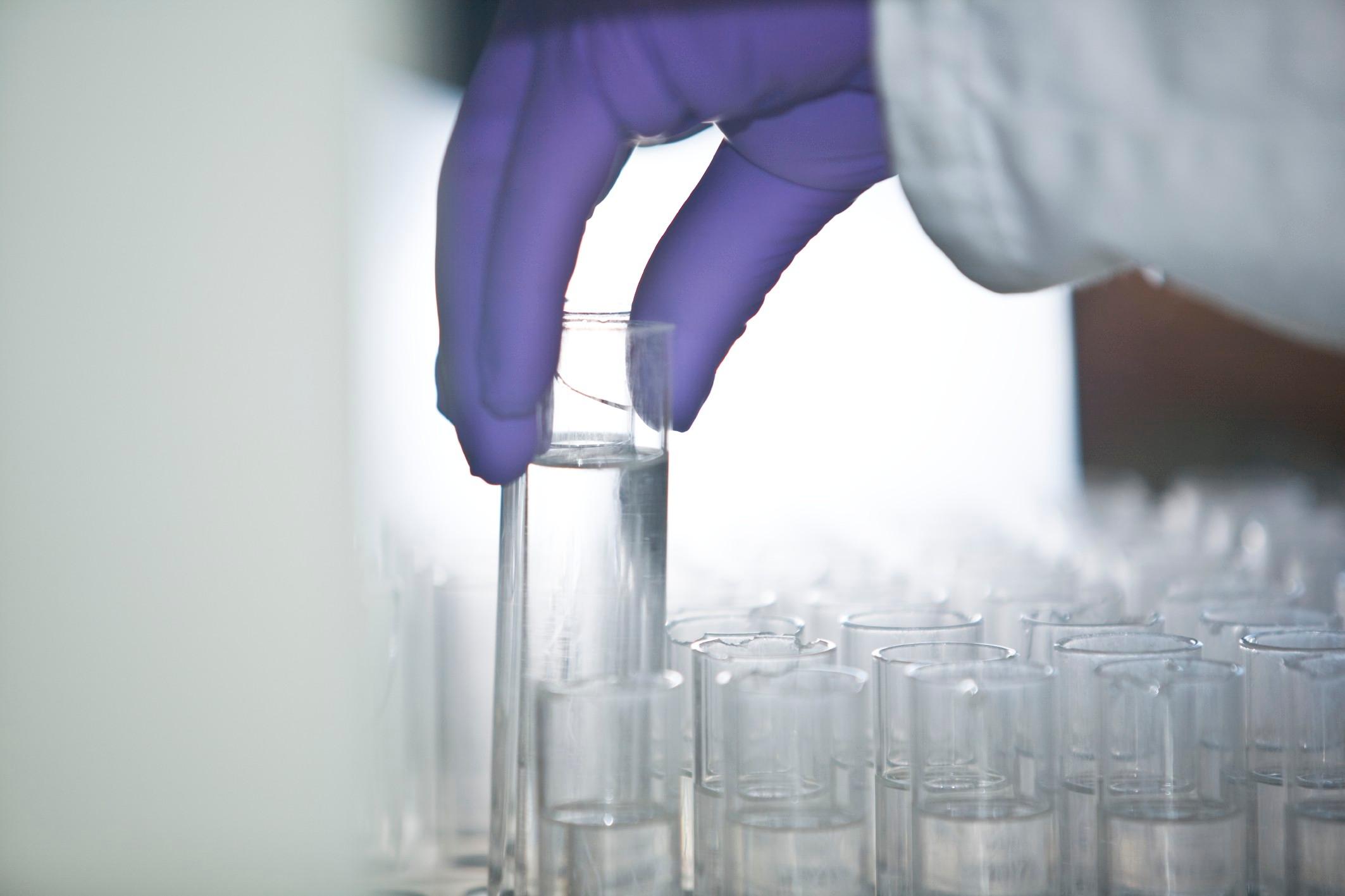
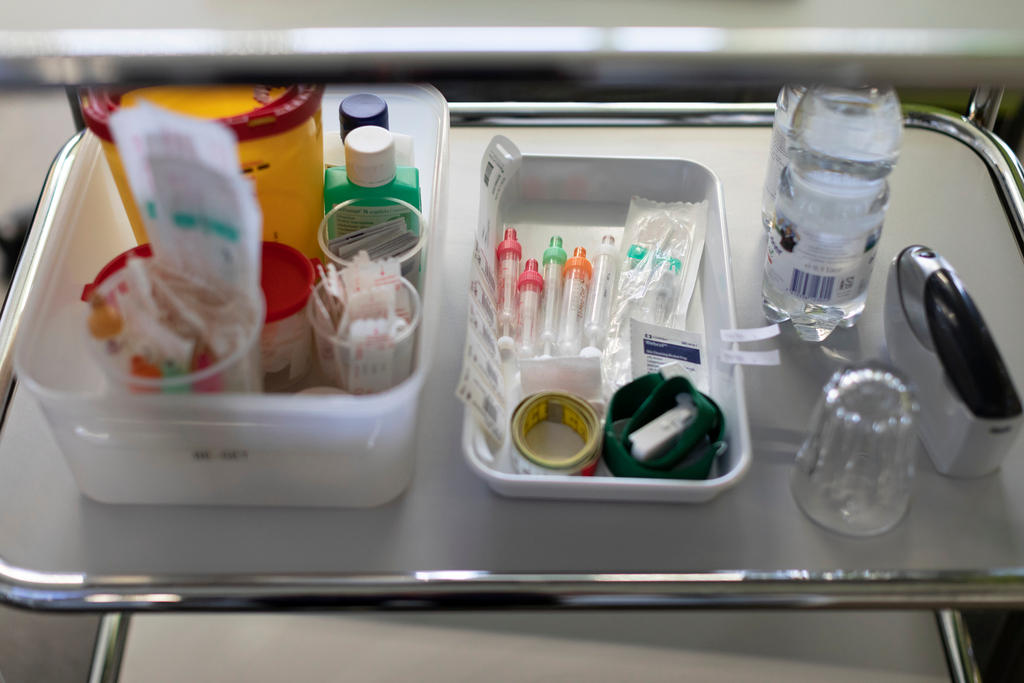


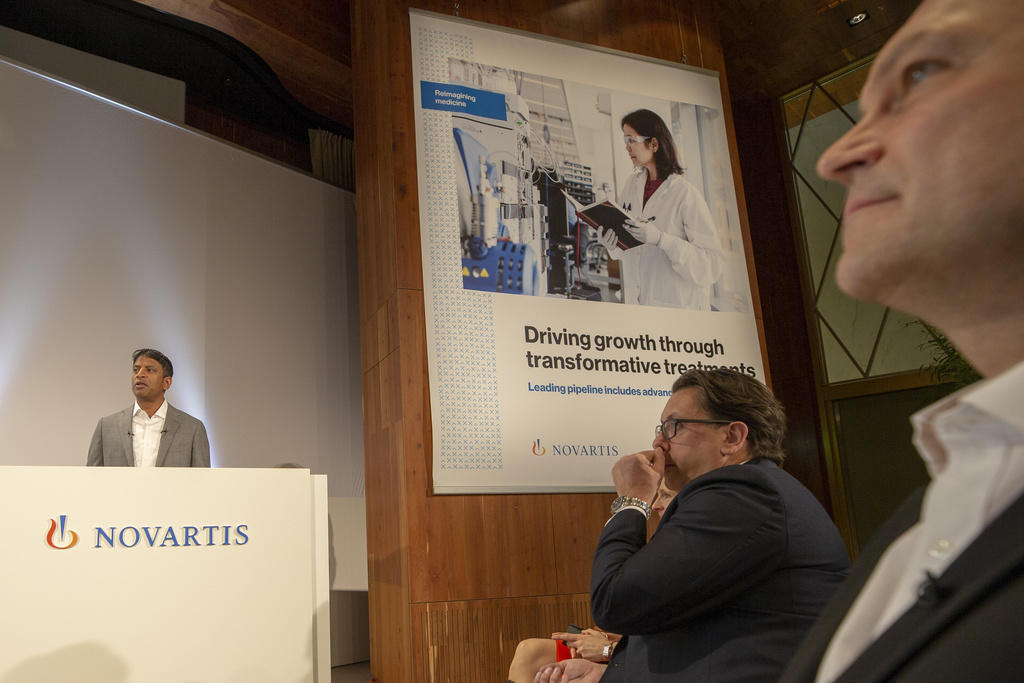
You can find an overview of ongoing debates with our journalists here. Please join us!
If you want to start a conversation about a topic raised in this article or want to report factual errors, email us at english@swissinfo.ch.